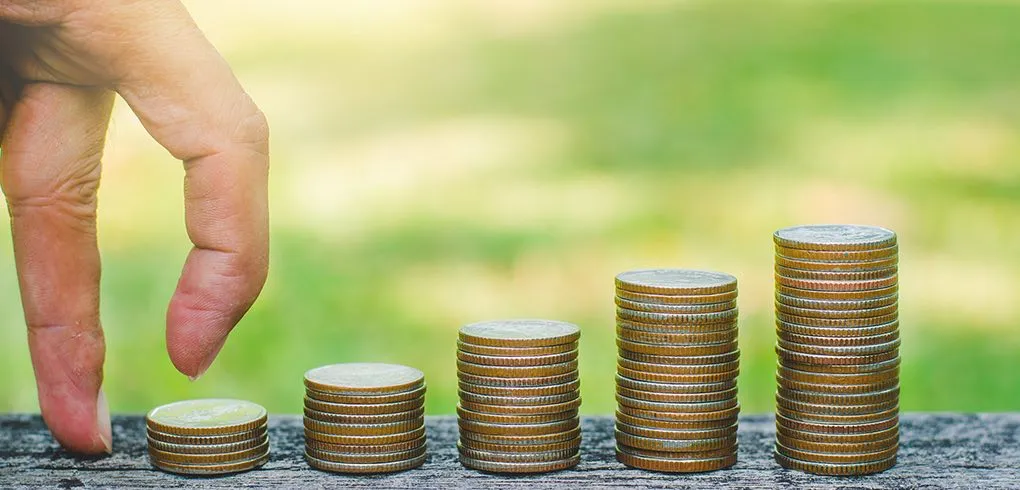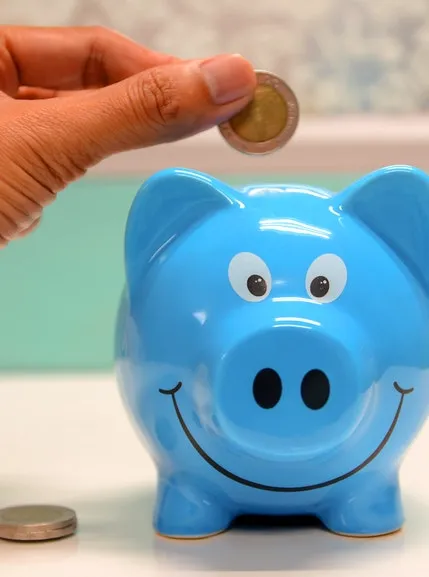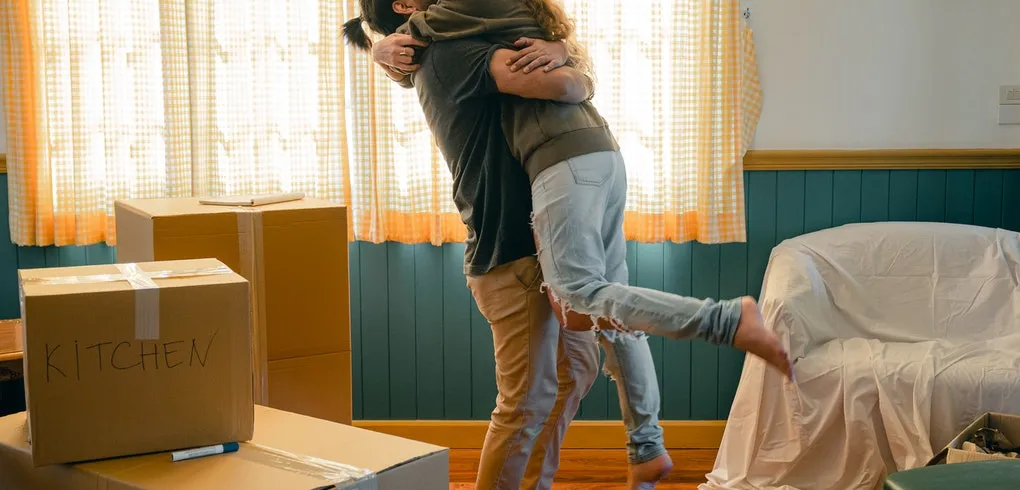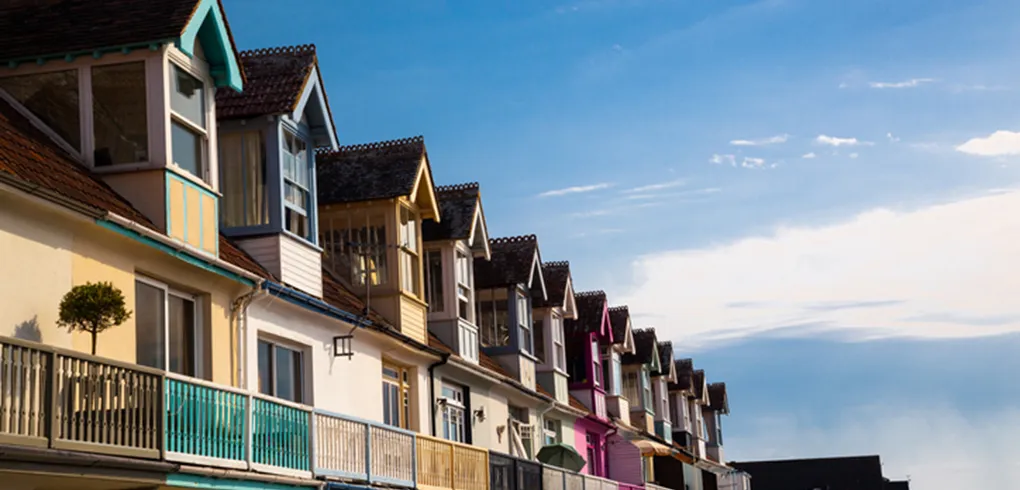
How to Save for a Deposit
Learn how to save for a deposit here. We go through things you can do, how long it will take, how much you need & even what no deposit mortgages there are.
Fill out this enquiry form and we’ll contact you to book a free call with one of our mortgage experts.
"*" indicates required fields
For many people, saving up for a deposit is often the most challenging part of buying a property, especially if you’re a first time buyer. Saving a large deposit will give you the best chance of being offered a competitive first time buyer mortgage rate with agreeable terms.
If you’re struggling to save up enough for a deposit and this is making it difficult to buy your first home, see our video or keep reading for all the information you need to help you understand how to save for a home deposit.
Contents
How Much to Save for a House Deposit
How much you need to save for a house deposit will largely depend on the value of the property you wish to purchase. Mortgages are typically available for up to 95% of the property’s value. This means you can purchase a home with a deposit of 5% of the property price, with a bank or building society providing a mortgage loan to cover the rest.
The income you have will affect the size of the mortgage the lender will offer you in most cases. If you’re on a low income, you may need a deposit of more than 5% to buy the home you want. Mortgages with the lowest and the best interest rates are also only available to those with a large mortgage deposit – for example, 20%.
Here’s how much money you’ll need to put down if you’re looking to purchase a £200,000 property, based on different deposit percentages.
- 5% deposit: £10,000
- 10% deposit: £20,000
- 15% deposit: £30,000
- 20% deposit: £40,000
To help you work out how much you need to save for a mortgage deposit, look at typical property prices in your chosen area and calculate how much you deposit to put down at least 5% of the asking price. You’ll also need to think about how much you can afford in mortgage repayments and interest payments each month as this will affect how much you can borrow from a lender. Once you know how much you can borrow, you can work out how much you’d need in deposit for your desired LTV (loan-to-value). Find out how to buy your first home with a small mortgage deposit.
Other costs to consider
While your focus might be on how to save for a mortgage deposit, there are other costs and fees that you’ll need to budget for.
These include:
- Removal costs: around £2,000 but depends on what and how much you’re moving
- Mortgage valuation: around £250
- Mortgage survey: between £400 and £700
- Arrangement fee: up to £2,500
- Conveyancing: between £500 and £1,500
- Broker fee: up to £500
- Land registry: up to £500
- Stamp Duty: cost depends on property price and if you’re a first-time buyer (SDLT for First-Time Buyers).
How to Save for a House Deposit UK

Once you’ve worked out how much you need to save, you need to determine how to save up for a mortgage deposit and where you’ll put the money you’ve saved in the meantime.
Here’s a step-by-step guide to help you save effectively for your down payment.
1. Create a budget
Review your current income and expenses. Identify areas where you can cut back and allocate these savings towards your deposit. Regularly updating your budget and sticking to it is key.
2. Open a savings account
Consider opening a savings account specifically for your house deposit. Look for accounts with high interest rates to maximize your savings.
Options include:
-
ISA (Individual Savings Account) – you won’t pay tax on the interest you earn
-
Lifetime ISA – specifically for first time homebuyers, you can save up to £4,000 a year, and the Government adds a 25% bonus to your savings, up to a maximum of £1,000 per year
3. Automate savings
Set up a direct debit to transfer a fixed amount to your savings account right after each payday. This makes saving automatic and prioritises it as a fixed expense.
4. Reduce expenses
First look at your largest expenses, such as rent, transportation and entertainment. Consider cheaper housing options, using public transportation and cutting back on discretionary spending.
You can also save more by cutting back on smaller expenses. It may not seem like a lot; but these add up!
Consider:
-
Cancelling any unused subscriptions – such as newspapers, magazines, TV and music streaming, gyms and clubs
-
Cutting down on optional expenditures – such as daily coffees or meals out
5. Earn money on the things you buy
Use loyalty cards on purchases and consider getting a cashback credit card that allows you to earn a percentage of what you spend as a credit on your bill. Use this when you can for everyday spending to get the most out of using a cashback card. But be sure to pay off the balance in full each month. Spending responsibly with a credit card can also help improve your credit score, which is important when applying for a mortgage.
6. Earn extra income
If possible, look for ways to increase your income. This could be through overtime, a part-time job, freelancing, or selling items you no longer need. However, keep in mind that you may be required to submit a self-assessment tax return and pay tax on the extra money you’ve made.
7. Review financial products
Ensure you’re not overpaying for utilities, mobile contracts, streaming or subscriptions. Shop around for better deals or negotiate with your current providers.
8. Save windfalls
Put any unexpected income, such as tax refunds, bonuses, or gifts, directly into your savings.
9. Keep your goal in sight
Stay motivated by reminding yourself why you’re saving. Visualizing your goal as a tangible achievement can help you stay focused and disciplined.
10. Consider government schemes
Look into government schemes that can help you buy your first home, such as shared ownership, which is where you buy a share of your home (between 25% and 75%) and pay rent on the remaining share.
11. Monitor and adjust
Regularly review your progress and adjust your saving strategies if necessary. Keeping an eye on your progress can help you stay on track and make necessary adjustments along the way.
Saving for a house deposit requires careful planning and commitment, but by following these steps, you can accumulate the needed funds to move closer to buying your home in the UK.
How to Save for a Deposit While Renting
Saving for a deposit can be challenging when paying rent each month. Getting a flatmate for the spare room can help you increase savings by splitting costs. However, you’ll need to check whether you can do this with the landlord first. There’s also the option of moving somewhere smaller and cheaper. Just make sure it won’t increase the cost of your commute. Another option proving popular is to move back in with your parents. Assuming that you’ll be spending less on rent, food and bills, this could save you hundreds each month and help you reach your deposit goal much sooner.
How Long Will It Take to Save for a Deposit?
How long it will take to save the amount you need in deposit will depend on your income, how much you save each month and your location. The average first time buyer in the UK takes more than 6 and a half years to save for a mortgage deposit. However, in the North East, it can take just over 4 years on average to save a 15% deposit. In London, it may take up to 11 years.
What to Do While You Save for a Deposit
While you’re saving for a mortgage deposit, there are other things you can do to boost the chances of getting your mortgage application approved when it’s time to apply.
For example:
- Be in long term employment with a regular income or be self-employed for a minimum of 1 year
- Be on the electoral register
- Have a good credit history
- Have all your paperwork ready
It’s still possible to get a mortgage if you’ve got adverse credit. You may just find it more difficult to get a competitive rate and will likely need to put up a bigger deposit.
What Can You Do if You Can't Save a Big Enough Deposit?
If you cannot save a large enough deposit despite your best efforts, there are other options you can consider.
Get help from parents
Many parents are keen to help their children get on the property ladder. One option for first time buyers is for parents to give them a cash deposit as a gift or loan. You’ll need to declare this money to your mortgage provider and provide them with evidence of the fact it’s a gift and doesn’t require repayment or a document stipulating a signed repayment plan between you and your parents.
Get a joint mortgage
Buying a home with someone else, whether a partner, friend or relative, means you can save together and maybe reach that savings target faster. You’ll also be able to borrow more, split mortgage repayments and interest payments.
Can I Get a No Deposit Mortgage?
It’s possible to get a mortgage with no deposit, these are typically known as Family Springboard mortgages or Family Assist mortgage and are a way that your parents can help by offering security for the mortgage in the form of savings or a charge on their property. They’ll even get their savings back plus interest or have the charge removed from their property after a fixed period during which you’ve met all your mortgage repayments and interest payments.
Get in touch with our experts
Book an appointment with an adviser today and we’ll help you work out which mortgage deal is best for you and your requirements.

